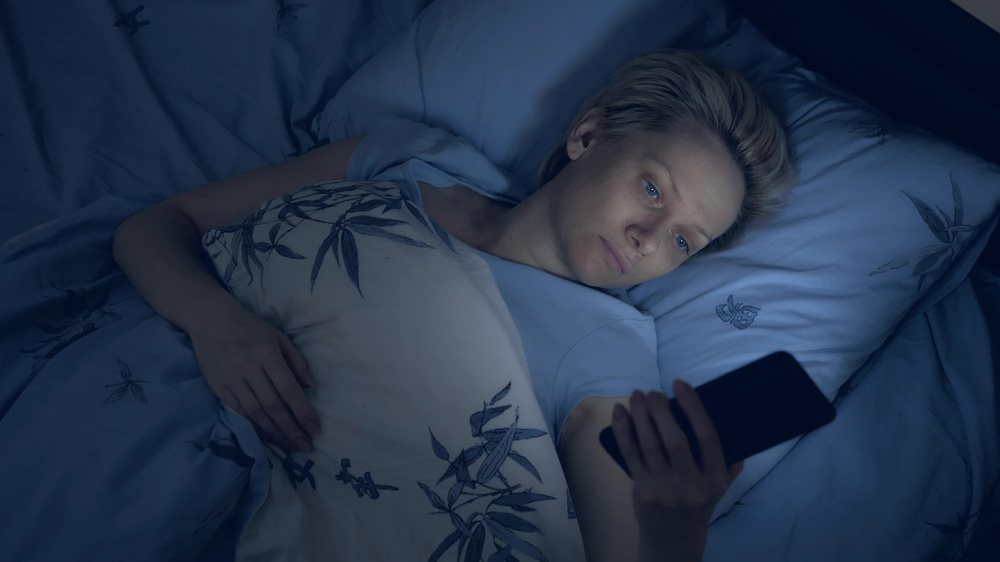Our nights are precious, but they face many challenges: daily stress, constant screen exposure, and sometimes erratic eating habits. These insidious enemies create sleep disorders and often leave us groggy in the morning. Let’s explore why these factors disrupt our rest and, more importantly, how to tackle them for a peaceful night’s sleep.
Stress: When a Restless Mind Prevents Sleep
Stress, the unwanted guest, can be a real puzzle for our sleep. Constant thoughts, anxiety about deadlines, or personal worries activate our nervous system, increasing cortisol levels—an awakening hormone. This reduces the quality of deep sleep, essential for recovery.
To combat this, simple but effective solutions exist: meditation, breathing techniques, and relaxing activities like yoga. Studies show that regularly practicing these exercises can reduce stress-related insomnia by 50%.
Screens: Natural Enemies of Melatonin
Tablets, TVs, and phones have us in a trance. However, their artificial blue light disrupts our biological clock. By inhibiting the production of melatonin, the hormone that promotes sleep, these devices create a misalignment in our natural wake-sleep cycle.
But that’s not all! Overconnectivity turns us into “sentinel sleepers”: constant notifications and the urge to check our devices keep us in a state of alert, depriving our brain of true rest. Fortunately, solutions exist: set a digital curfew one hour before bed, invest in blue-light-blocking glasses, or replace the screen with a relaxing book before sleep.
Diet: Ally or Enemy of Our Nights?
What we eat directly impacts our sleep. A diet that’s either too rich or lacking essential nutrients like magnesium can disrupt our nights. Caffeine and alcohol, often consumed late in the day, are also well-known culprits. Caffeine extends wakefulness, while alcohol, though it may help fall asleep initially, deteriorates the overall quality of sleep.
Foods rich in tryptophan, like bananas or almonds, promote melatonin production. Eating light meals in the evening, avoiding stimulants after 4 p.m., and establishing soothing rituals around dinner are all ways to maximize your chances of a good night’s sleep.
Solutions to avoid sleep disorders
- Sleep routine: Going to bed and waking up at fixed times helps stabilize your internal clock.
- Soothing environment: A dark, cool, and quiet room is perfect for sleep.
- Disconnection: Cut off screens at least an hour before bed.
- Appropriate diet: Prioritize a balanced meal, low in saturated fats and high in fiber.
- Stress management: Incorporate moments of relaxation such as meditation or a warm bath.
Conclusion
Stress, screens, and diet are key pieces of the complex puzzle that is our sleep. By understanding their influence and making a few simple adjustments, we can achieve peaceful and restorative nights. What if we made this challenge a priority for our health and well-being?
Sources:


